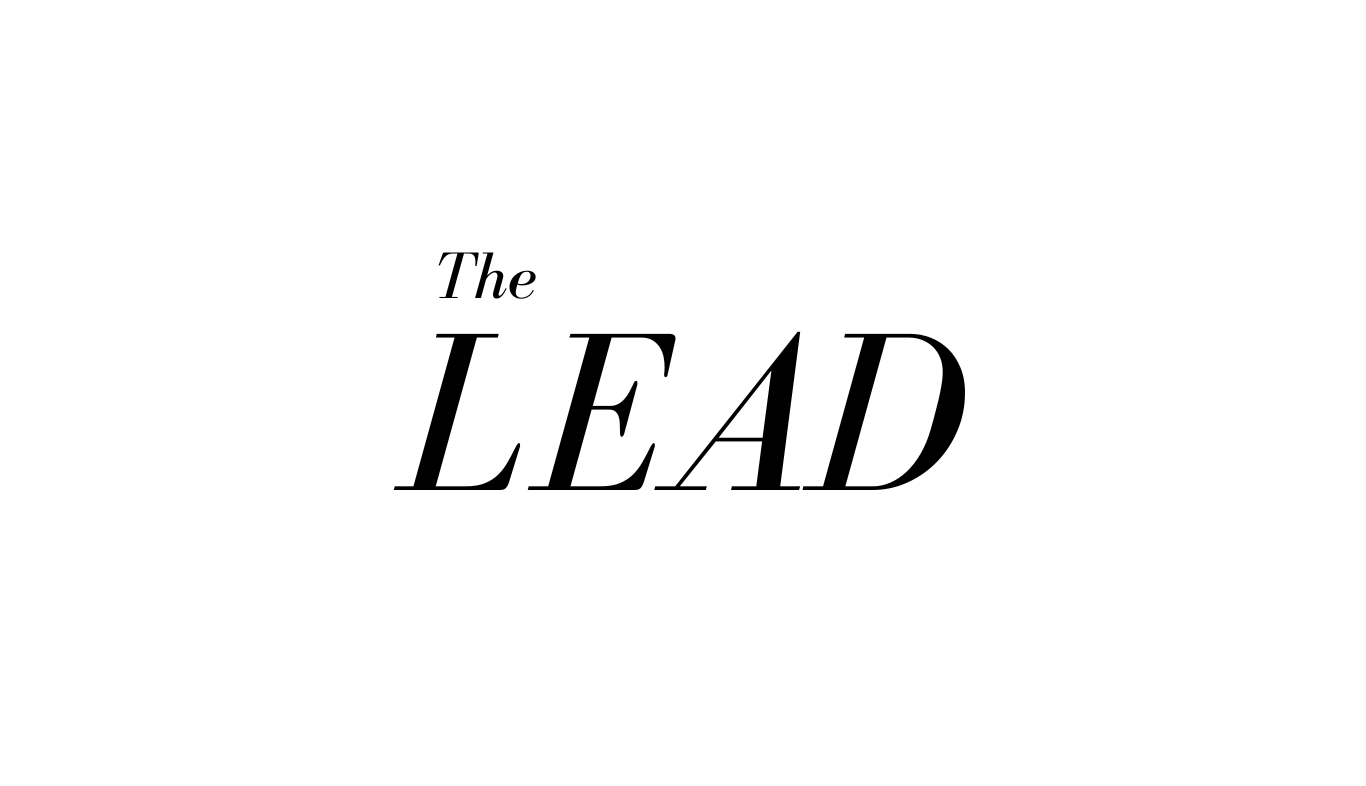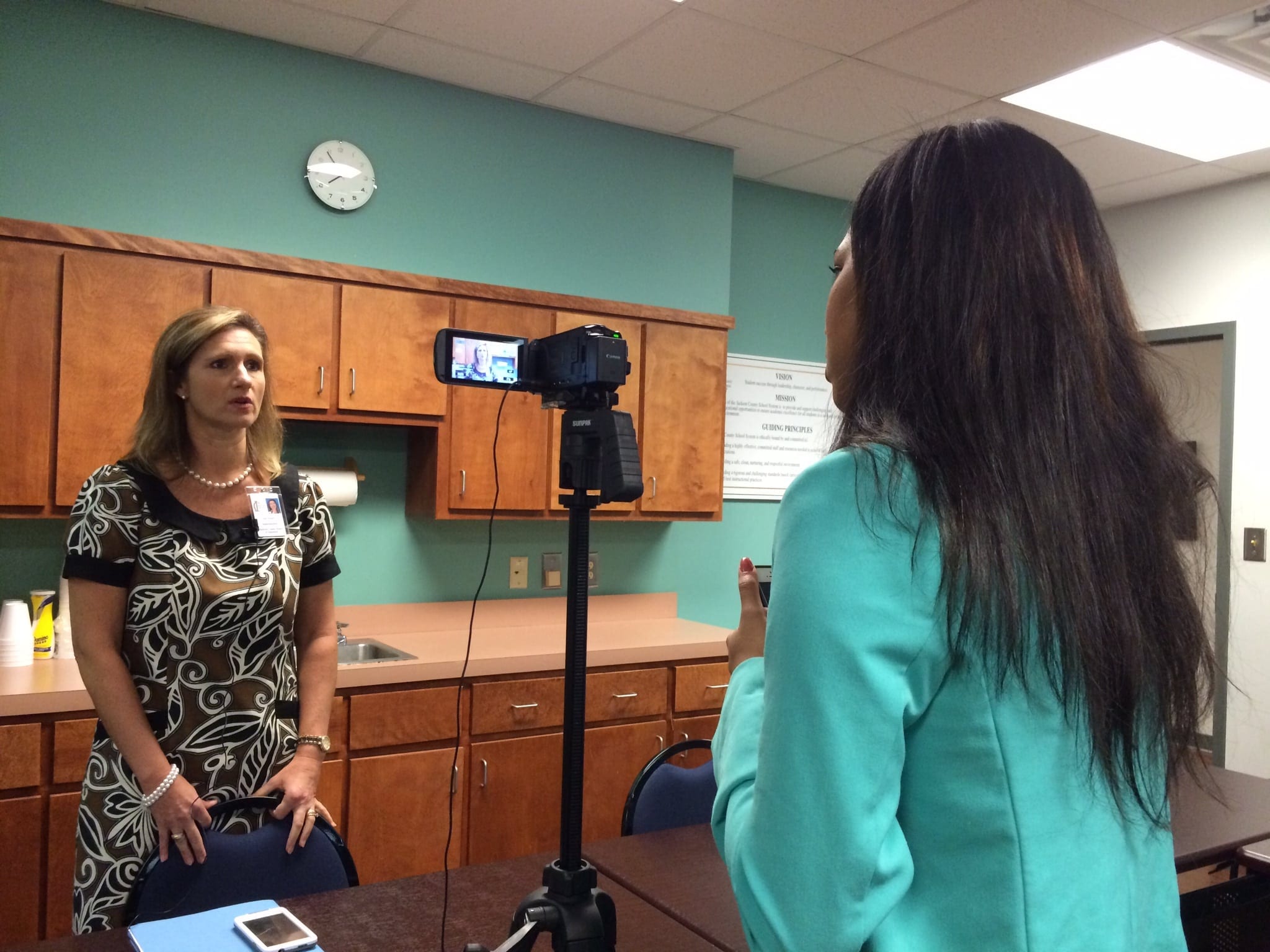To further our mission to talk about process and quality in journalism, each guest curator has highlighted what they see as the “don’t want to miss” pieces posted to Grady Newsource during a semester, along with some constructive reflection about the journalism.
About This Month’s Guest Curator

This piece reminds me of when a former colleague said to me, “journalists don’t write articles, we write stories.” This news story does an excellent job of narrative storytelling while also laying out the facts of Hannah’s past and the work of the local farm. Additionally, the use a pseudonym for the safety of the source is great practice when it comes to journalism ethics and minimizing harm.

This story is a great example of taking a state or national issue and explaining to readers how it could impact them locally. By addressing Georgia’s medical professional shortage and citing other news outlets, it provides the reader with context of the topic. The use of multimedia elements like video, audio, photo and an interactive map allow readers to engage with the story while also making the information and statistics easier to digest.

Event coverage is an important part of local journalism, and this story utilizes the newsworthiness of Athens’ new hockey team to showcase a community initiative to prevent litter. Source quotes are both informative and conversational, bringing life to the story. This is the exact kind of important story I would expect to see when flipping through the pages of a local newspaper.

This story is a wonderful solutions journalism piece that highlights the issues faced by farmers across the state of Georgia. After stating facts and statistics on the effects of climate change in the region, it lays out several ways people can support the local economy and methods of reducing contributions to climate change. The use of subheads breaks the in-depth story into sections, helping guide the reader.

Education reporting can be complex, but this story uses both eye-catching graphics and examples of how real people are being affected by classroom technology to convey the news. By talking to sources impacted by the issue and not relying directly on research data, it shows the audience how they could see the impact of classroom technology in their own lives. The use of pull quotes also helps direct the reader’s attention towards key points in the story.









Show Comments (0)